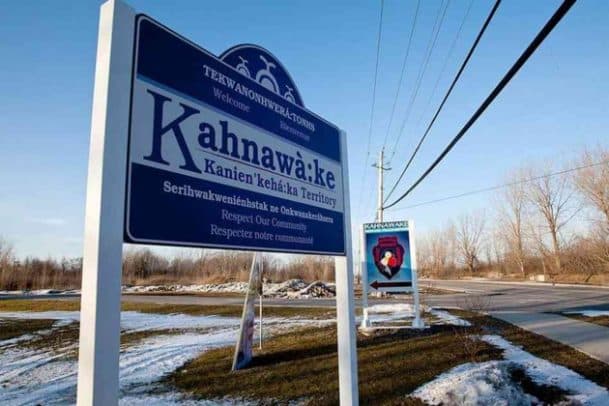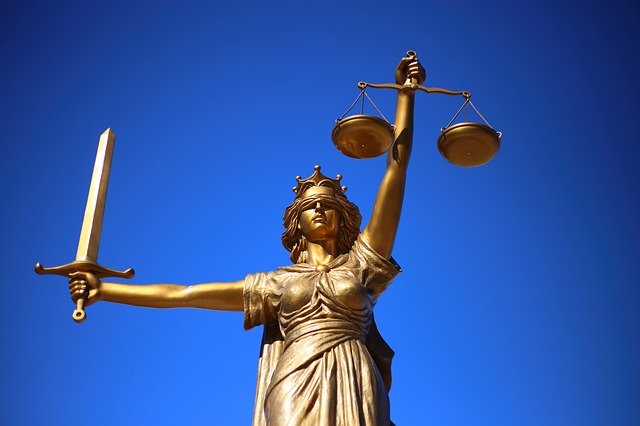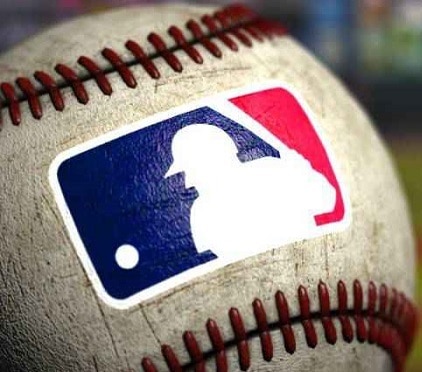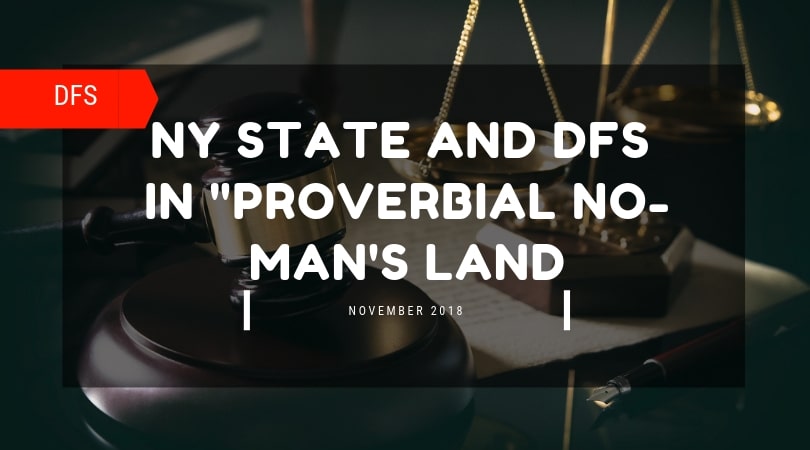Kahnawake Licensed Gambling Sites to Cease Service for US-customers

On Monday, the 26th of September 2016, the New Jersey Division of Gaming Enforcement (NJDGE) announced that they have reached an agreement with the the Kahnawake Gaming Commission (KGC) to ensure that no Kahnawake based gambling websites were any longer allowed to reach customers from any of the states in the USA. The announcement was made after concerns were raised over internet technologies firm, Continent 8. It has been agreed that the new policy will begin to take effect from the 30th of September 2016.
New Jersey Division of Gaming Enforcement (NJDGE)
The New Jersey Division of Gaming Enforcement (DGE) is an US government agency based in the state of New Jersey. The division was established in 1977 and has been given the responsibility to ensure that the integrity of the casino gaming industry in the state is overseen and preserved. The NJDGE operates within the New Jersey Department of Law and Public Safety in the office of the New Jersey Attorney General.
The NJDGE is supervised by a Director, which is appointed by the governor of the state with advice and consent of the New Jersey State Senate. The Director of the department serves during the term of office of the Governor and a new member is chosen to serve when a new Governor is elected for the state.
The Kahnawake Gaming Commission (KGC)
The Kahnawake Gaming Commission (KGC) is the official licencing and regulatory authority for gaming activities within and from the Mohawk Territory of Kahnawake.
The Kahnawake Mohawk Territory is a First Nation reserve of the Mohawk Nation on the south shore of the St. Lawrence River in Quebec, Canada.
The territory covers a total area of 48.05 square kilometres, with resident population numbers of around 8,000 people; a significant number of members of the tribe also live off the actual territorial land. The land base of the territory today is unevenly distributed; this is due to federal Indian Act, a Canadian statue that was first passed in 1876 and is still in force with amendments. The legislation had undergone 20 major changes by 2002 and has been an ongoing source of controversy throughout its long history. The Act oversees individual land possession, unlike the Canadian norms that apply to the land around it.
The tribe was historically the most easterly nation of the Six Nations Iroquois Confederacy and are still known as the “Keepers of the Eastern Door”. However, most people of European descent traditionally call the residents of Kahnawake Mohawk, the “People of the Flint”.
Continent 8 Technologies
Continent 8 Technologies an internet tech firm that is focused on the delivery of market-defining products and services. They aim to provide their clients with secure, reliable facilities, from which to host their online operations.
The company provides managed hosting solutions, which are secured over a global private redundant network for today’s online business-critical services platforms. Their customers benefit from their continued investment in advanced data centres and a private global redundant network. With multiple centres of excellence around the globe, including London, UK, Paris, France, Dublin, Ireland, Malta, Isle of Man, Guernsey, Gibraltar, Singapore, Montreal, Canada and New Jersey, USA, Continent 8 continues to provide a truly global service capability to their clients, regardless of geography.
Continent 8, the Kahanawake based data centre specialists, are also ideally positioned to provide expertise in the provision of hosting and managed services in both highly regulated and technically challenging geographic locations all over the world.
They were issued a transactional waiver by the NJDGE in 2014, which allowed them to operate in the regulated intrastate online gambling market of New Jersey. However, about a year ago, a report by the New York Times claimed that services by Continent 8 were illegally being used by many other US facing operators.
The Ban on the Kahnawake based Gambling Sites
The KGC has said that US customers will no longer be able to access services from their online gambling licensees after the queries were raised against Continent 8. The NJDGE said in a statement that Continent 8 may have violated terms of their licence in the US state after they were discovered to be providing services to illegal gaming websites via a data centre in the Mohawk Territory of Kahnawake.
The NJDGE said that the websites were offering “illegal online sports wagering” to users.
In response to the issue, the New Jersey government body went into an agreement with the KGC to ensure that Kahnawake originating websites were no longer made available to US residents, where such companies were never authorised to operate in the first place.
Unfortunately, the move will impact all KGC licensees, such as Clubworld, Bovada, Slots.lv, Aladdin’s Gold and Allstar Slots.
The New York Times contacted the NJDGE regarding the matter and a spokesperson responded by expressing surprise at the revelation, saying that Continent 8 “has an obligation to conduct due diligence with respect to its customers” and if they are found to have knowingly done business with US facing operators, the NJDGE “would commence regulatory proceedings” against the company.
David Rebuck, the Director of the NJDGE, said, “The division is pleased to have the KGC’s assistance as a fellow regulator and looks forward to working together in the future.”
He added, “We were able to reach a series of agreements that are amenable to all of the parties involved and satisfy the division’s regulatory concerns.”
Rebuck concluded by saying, “The Division appreciates the KGC’s commitment and looks forward to its continued cooperation in the fight against unlicensed internet gaming traffic. This agreement is an important step in ensuring the integrity of internet gaming operations in New Jersey and helps ensure that online gaming patrons can play on fair, regulated sites.”
Other Efforts by the NJDGE
This is the most recent of several actions that have been taken by the NJDGE over recent months, to prevent illegal sites from gaining access to players in the state of New Jersey. In 2015 alone, the department had taken two measures against illegal sites; firstly, they banned online gambling affiliates from being able to continuing with any business ventures with internationally licensed gambling sites and secondly, they introduced an official seal of approval that was to be placed on the websites of companies that possessed a genuine NJDGE license.
Warning to Online Gambling Affiliates
In May 2014, the New Jersey Attorney General’s office issued a warning to affiliates, who promoted both New Jersey licensed online gambling sites and internationally licensed sites, saying such affiliates were leaving themselves open to “appropriate civil or criminal sanctions” unless they ceased promoting international sites.
The NJDGE issued a Director’s Advisory Bulletin (DAB) to clarify their stance toward affiliates who had firstly, continued to promote international sites after New Jersey launched its regulated online gambling market, in November 2013 and secondly, the 2006 passage of the federal Unlawful Internet Gambling Enforcement Act (UIGEA).
The NJDGE said any affiliates that are looking to either acquire or maintain a New Jersey license will be required to cease all promotion and marketing of international sites taking wagers from US residents within 150 days following the release of the DAB on the 4th of June 2015. On top of that, all affiliates who were at the time engaged in activities of this nature were required to provide the NJDGE with a notarised certification attesting to their cessation of prohibited activities.
The department also said that state licensed affiliates that continue to promote international sites after the 150 days, risk having their New Jersey licenses revoked, even if these affiliates “promote or market illegal online gaming sites to other players in other states.” The DGE warned that although the latter activity was beyond its enforcement scope, such conduct would “reflect negatively on [affiliates] suitability for licensure and registration.”
The NJDGE also warned that finding of negative suitability would apply to all affiliate owners and executives, “regardless of any changes in corporate ownership and structure.” And they intend to share this list of affiliate ‘bad actors’ with gaming regulators in other states, suggesting that affiliate’s ability to participate in future US regulated markets in other regulated states would also be affected.
Seal of Approval
In September 2015, the NJDGE also introduced an official seal of approval for the state licensed online gambling sites.
They posted a notice indicating that all state licensed online gambling sites would from that point onward be required to display the official seal of approval at the bottom of the homepage, indicating that the site in question is “Licensed & Regulated.”
While, regulated market advocates have long backed the introduction of such a display, whether or not a seal would remedy the apparent confusion surrounding licensed and illegal sites depended on whether confused consumers knew what the letters ‘DGE’ represented and whether they were able to differentiate between unauthorised sites that bear similar logos with acronyms such as MGA, KGC, eCOGRA and so on.










